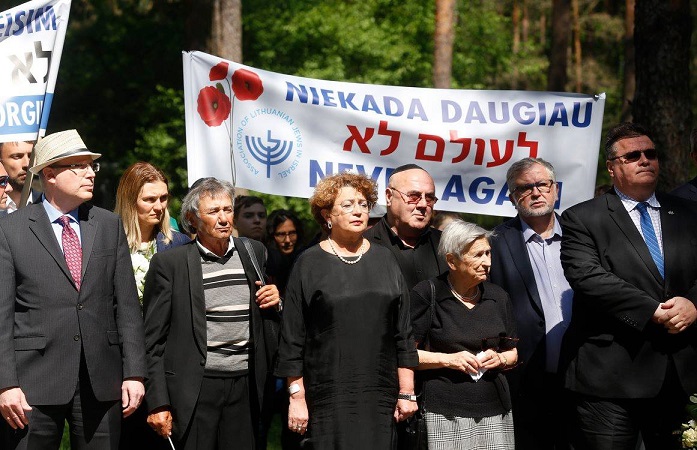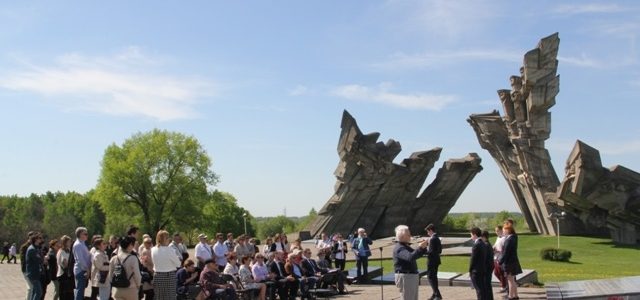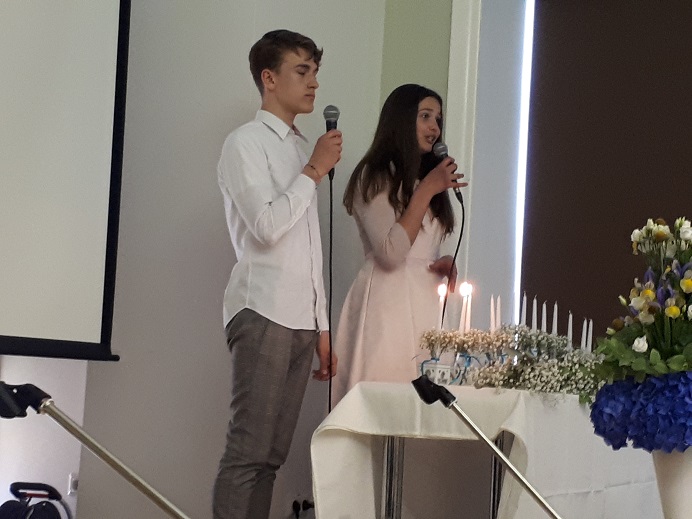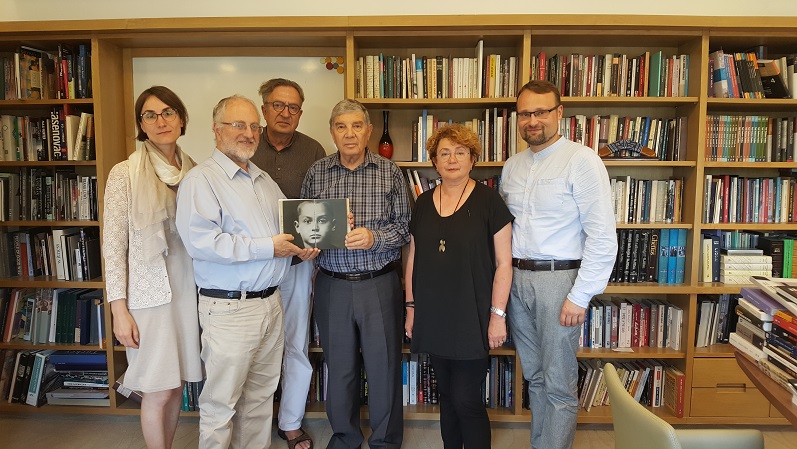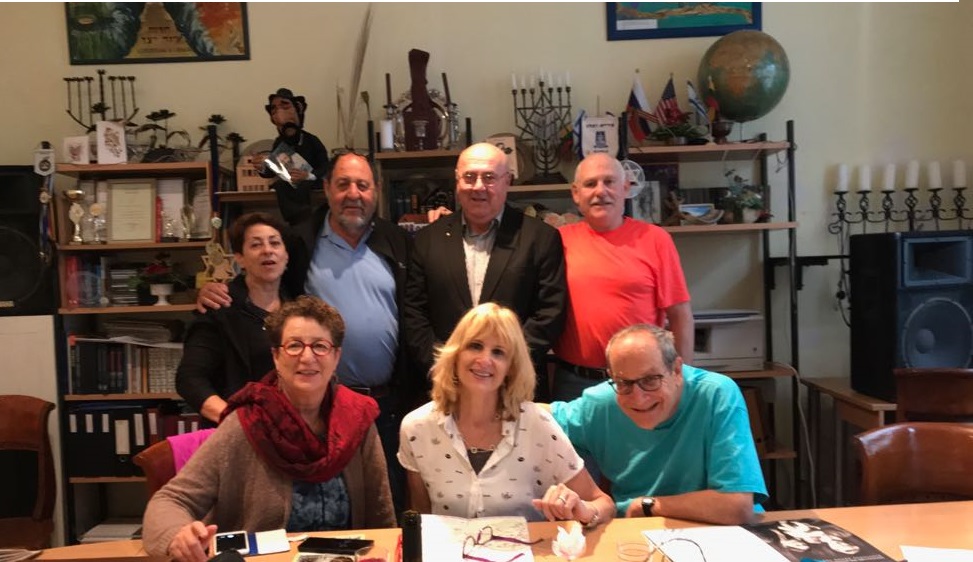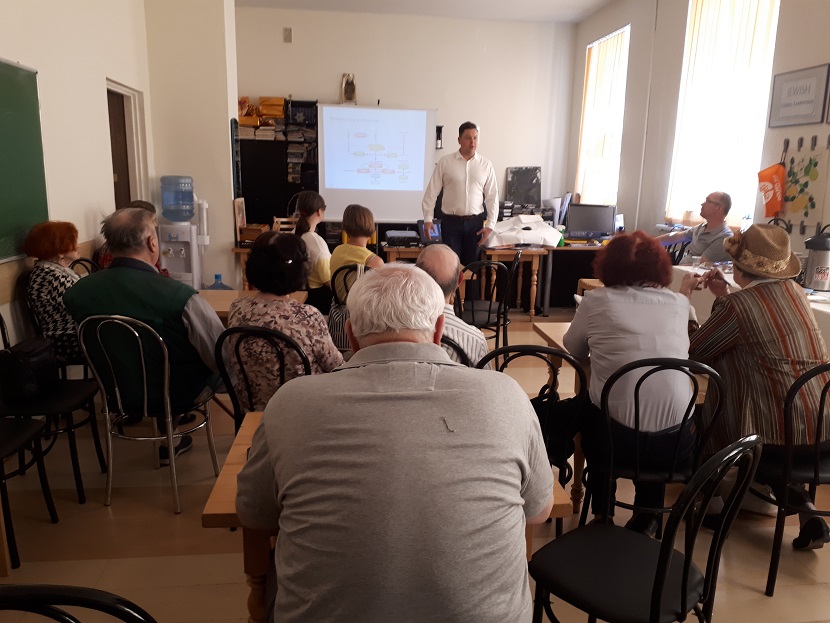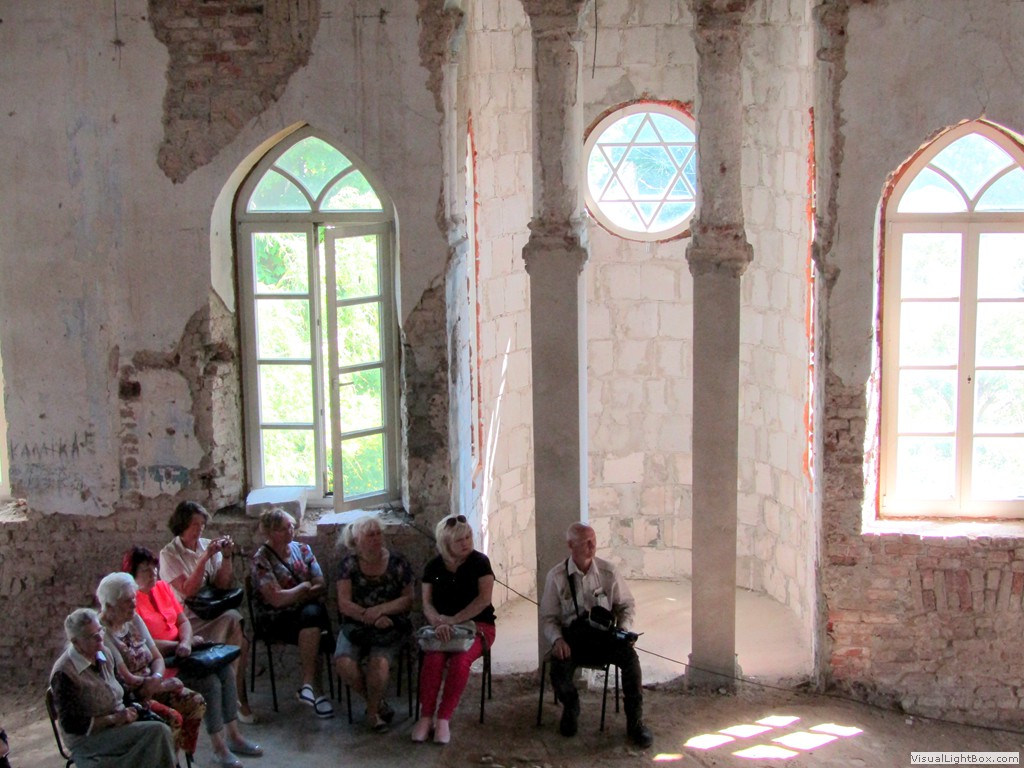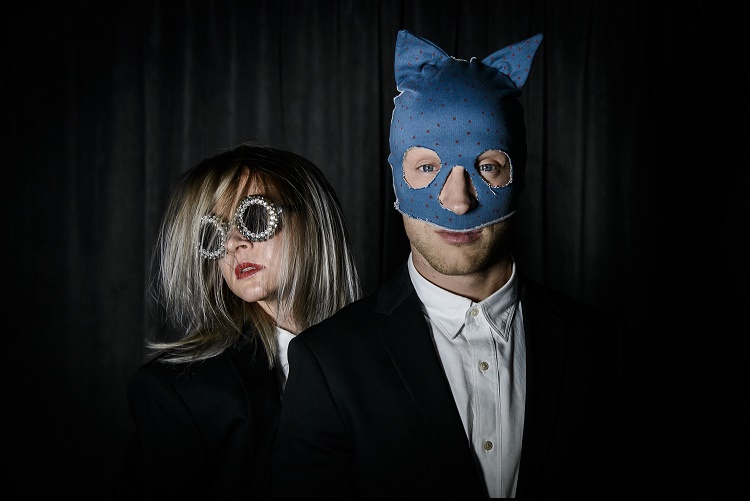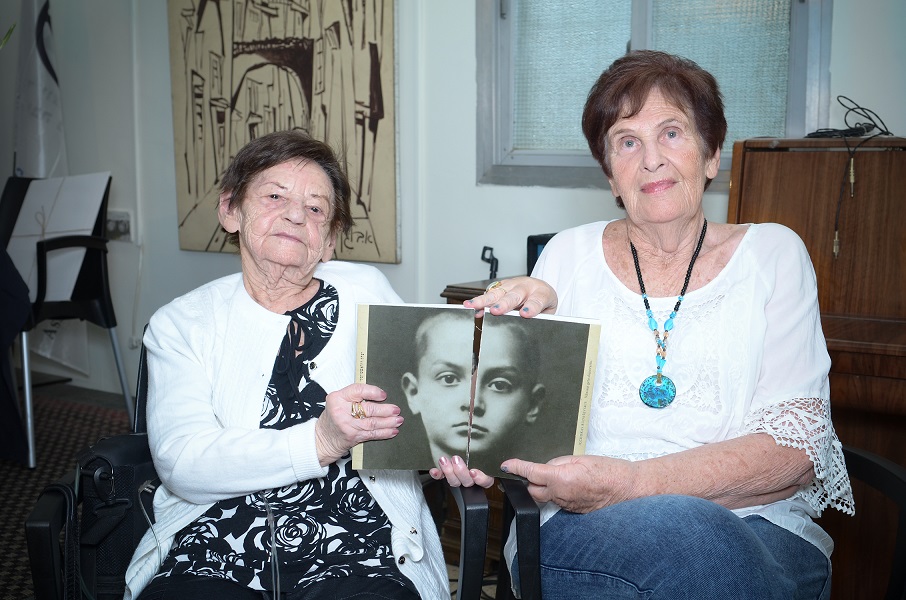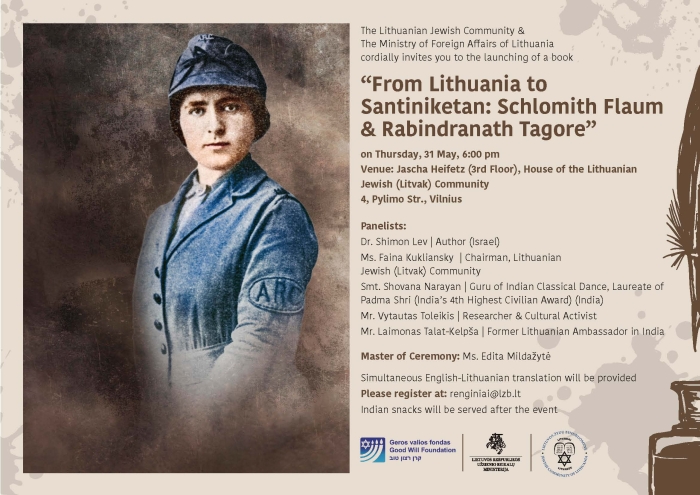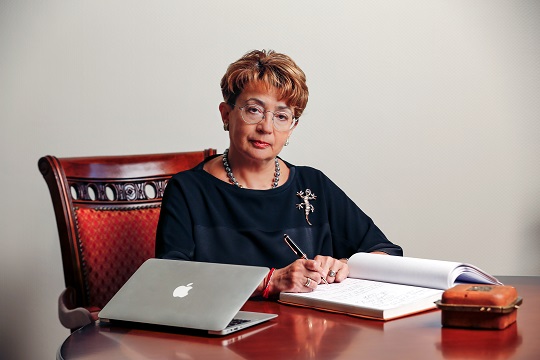
by Faina Kukliansky, chairwoman, Lithuanian Jewish Community
Jews as with any people are not homogenous. The history of Jews in Lithuania stretches back almost 700 years and during that time all sorts of things happened, rises and declines, and the effects of the Holocaust were especially painful in Lithuania, and following the attempt at physical annihilation the Soviet occupation attempted to destroy the Jewish people spiritually.
People often ask me, Jews are so united, why is it different in Lithuania? It’s not different in Lithuania, divisions exist in secular and religious Jewish communities in Israel as well as the rest of the world. The wealth of the Jewish people is our diversity, our knowledge, our faith and our ability to remain Jews.
I am proud of my people. Unfortunately, all sorts of things go on inside the Jewish community. It’s sad, but we have only partially passed our “trial by money.” On the one hand, we have the well-functioning Goodwill Foundation, which only adopts decisions by consensus and allocates compensation for Jewish communal/religious properties, and which has been audited for many years now by the Office of State Auditor, the highest auditing institution, and has always received a glowing review. On the other hand, we have over-ambitious community members who believe they can do everything the best, in the most transparent manner and preferably all by themselves. They claim the opinion of the majority is merely a simulation of democracy.
In Lithuania, as in the world, volunteer leaders lead the Jewish communities. This post is for me first of all an honor and a pleasure. Before I assumed responsibility, I learned much from the earlier chairmen, Grigory Kanovitch and Dr. Simon Alperovitch. Much of what is needed for this work I learned from active Community members and intellectuals attorney professor Jurijus Bluvšteinas, Josif Levinson and Maša Grodnikienė.


